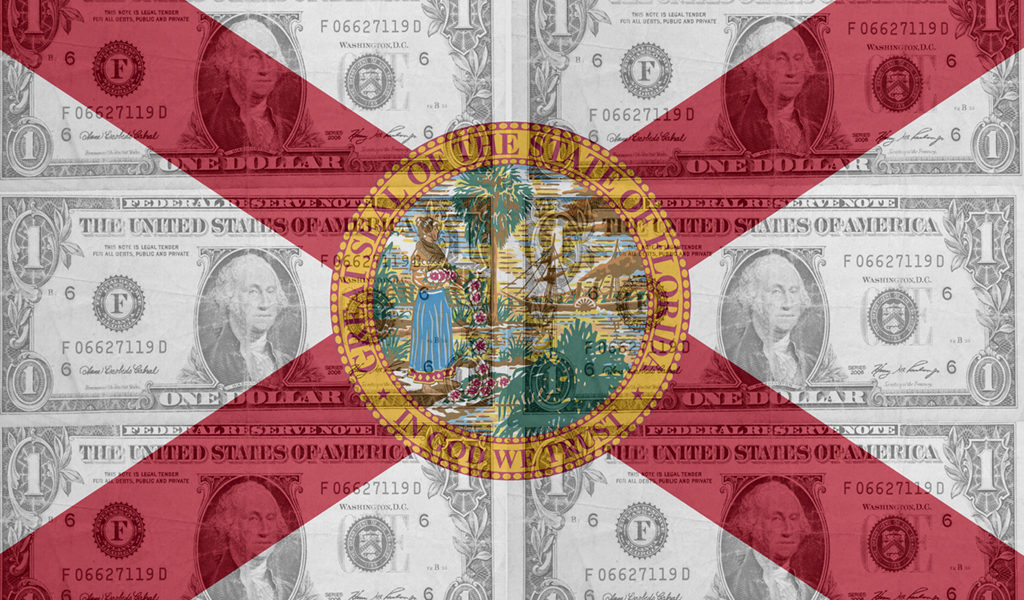
Milton Friedman once said that “spending is taxation” and to achieve lower taxes, we believe that lawmakers should live under spending restraints in the same manner that families and businesses do by forcing lawmakers to set priorities and cut wasteful spending.
Government spending displaces private-sector activity. Every dollar that the government spends means one less dollar in the productive sector of the economy. We believe that taxpayers work hard for their money and it belongs to them, not the government. According to the National Association of State Budget Offices, between 2012 and 2017, state government spending in Florida increased by 31%, making it the 8th fastest growing yearly budget. The median state spending increase was 18%. State budgets continue to grow faster than population growth and inflation. Amy Baker, the state chief economist continues to warn that Florida’s budget has a structural imbalance and that any downturn in the economy would put the budget into deficit. If the Florida Legislature does not take seriously reducing the size of the budget, they may be forced to raise taxes. High or increasing taxes retard new business formation and expansion, thereby slowing job creation and wage growth.
RLCFL Legislative Goals
We support an exhaustive budget review process to find and eliminate duplicative programs, unnecessary programs, and wasteful spending practices. Under no circumstances would we support increased taxation to eliminate any future deficits should they arise.
Florida is one of only two states that impose a sales tax on commercial leases (Arizona, which allows local governments to impose a similar tax, being the second) This sales tax has been reduced from 6% in 2017 to 5.5%, effective in January 2020. We support completely eliminating this unnecessary tax.